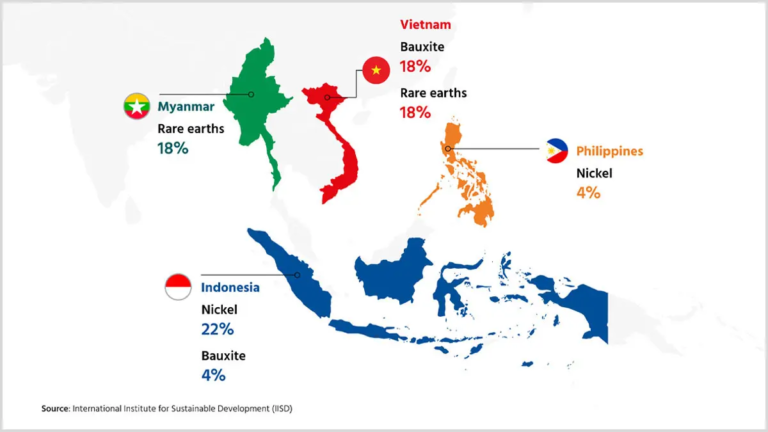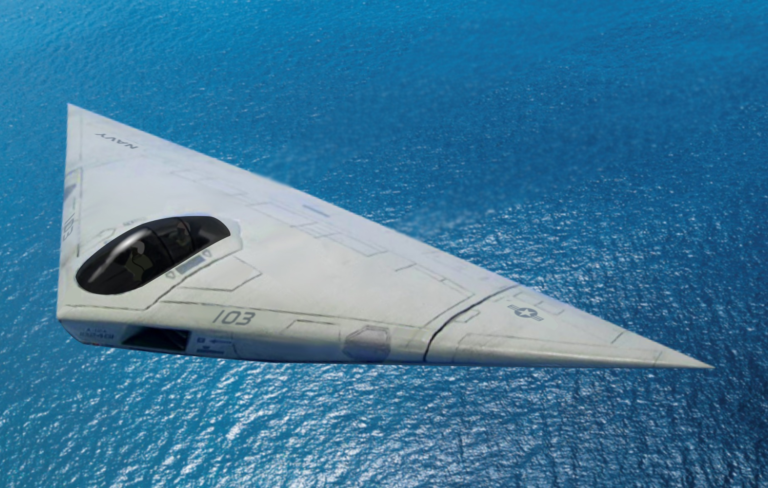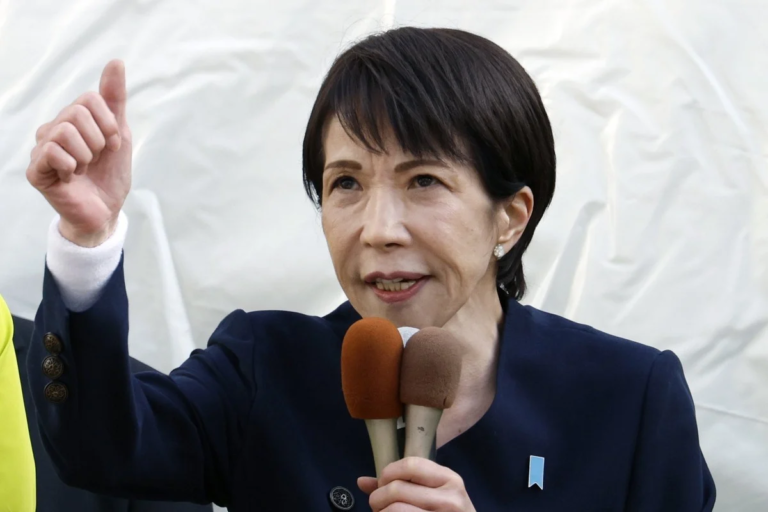
A think tank in Taiwan has started a two-day war game with retired US and Japanese generals to simulate the island’s defence in the event of a military attack from the Chinese mainland.
The Taipei School of Economics and Political Science Foundation, which organised the tabletop exercise, said the aim was to “identify the defence issues that Taiwan urgently needs to strengthen and provide recommendations for the government”.
Described as the first operational-level military simulation by a civilian institution, the Taiwan Defence TTX event began on Tuesday. Among the invitees were nine retired generals and eight retired lieutenant generals from Taiwan, the US and Japan.
They included Michael Mullen, who served as the 17th chairman of the Joint Chiefs of Staff from 2007 to 2011, and Dennis Blair, former US director of national intelligence, according to a report on Sunday by the Central News Agency.
Takei Tomohisa, a former chief of staff of Japan’s Maritime Self-Defence Force, and retired air force general Shigeru Iwasaki are also taking part in the exercise, the agency report said.
The intention of the exercise is to discuss “the feasibility of Taiwan’s military strategy and operational concepts” in response to Beijing’s use of force against Taiwan by 2030, it said.
The report said that there was a need for Taiwan to “use internationally adopted war-gaming methods to assess security dynamics in the western Pacific, analyse potential People’s Liberation Army military action and examine Taiwan’s possible responses”.
Beijing regards Taiwan as part of its territory, to be reunited by force if necessary. Most countries, including the US and Japan, do not recognise the island as an independent state, but Washington is opposed to any unilateral change to the status quo.
The US is also committed to providing weapons to Taipei for the island’s defence and is its biggest arms provider. However, Washington has traditionally maintained a stance of “strategic ambiguity” about whether it would provide active help.
Since Taiwanese leader William Lai Ching-te took office last May, tensions across the Taiwan Strait have worsened, with the PLA conducting a number of large-scale military drills around the island.
Lai has repeatedly stressed that Taiwan must strengthen its defence capabilities – including developing military drones, conducting defence drills, large-scale military simulations and mobilising civilian resources – to counter the risks of military attack.
Last month, Taiwan held a civil defence drill, which it called “Whole of Society Defence Resilience”, that aimed to prepare the public for military conflict and other crises, such as natural disasters.
The exercise was arranged by the Whole-of-Society Defence Resilience Committee, set up by Lai in June last year. A tabletop exercise it conducted in December focused on disaster prevention and responses to “comprehensive threats”.




